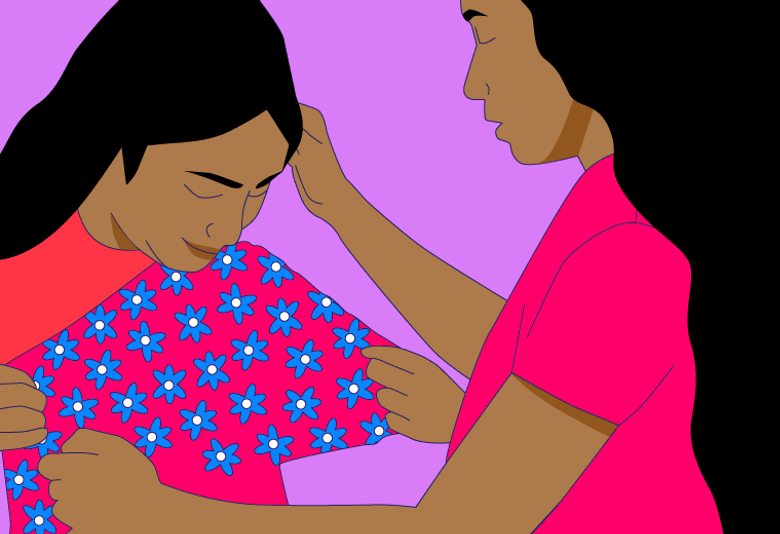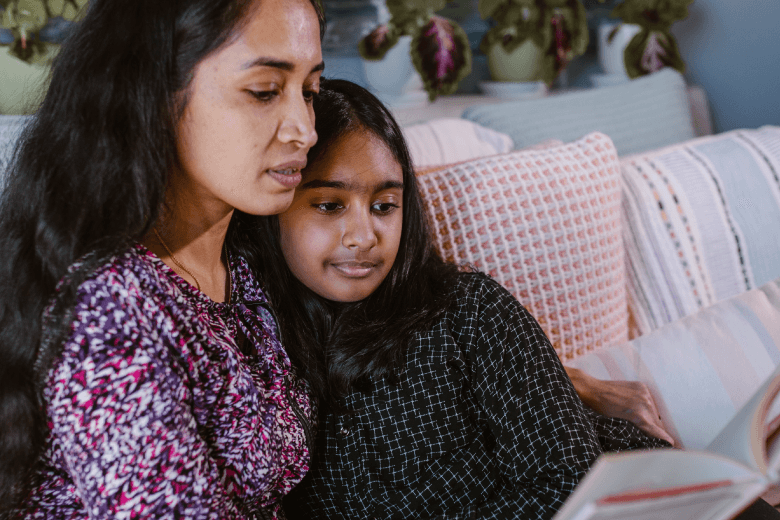Adolescents go through several changes as they hit puberty. It’s also a time when they’re transitioning from childhood to adulthood, and are curious to explore their bodies and sexualities. South Asia alone accounts for 340 million adolescents, which comprises 30% of the global adolescent population. However, various barriers make it difficult to institute sex education in the region. In this article, we will explore the importance of sex education, the barriers to access, and how parents can and should become better sex educators to their children.
What is sex education?
Sex education is the process of teaching and learning the emotional, physical, cognitive and social aspects of sexuality. It aims to equip people with the knowledge, skills, values and attitudes that will help them make key decisions about their wellbeing, health and dignity. Comprehensive sex education will help adolescents develop respectful social and sexual relationships, and consider how their choices affect themselves and that of others [1].
Sex education and the context of South Asia
Sex education is still considered a stigma in South Asia. Most South Asian parents do not openly talk to their children about sexual health, and cultural and societal norms often make it more difficult to have these conversations. The huge disparity in income and education levels further excacerbates the inequity that exists within sex education provision and accessibility.
A lack of sex education can have negative effects on a country’s adolescent population. As a vulnerable age group, they are prone to engaging in unsafe sexual activites that can lead to unplanned pregnancies, early child birth, unsafe abortions and contracting sexually transmitted diseases. Several South Asian NGO and government agencies have been implementing programmes and interventions that focus on strengthening sex education for adolecents. With the expansion of internet usage and the rise of social media, many adolescents are seeking sexual health information online.
What is the role of a sex educator?
A sex educator is anyone who imparts comprehensive and non-judgemental sexual health information. This information needs to be based on science and facts and should be delivered in a participatory and empathetic manner. Important topics to cover include puberty, contraception, sexual diversity, relationships, and intimacy. Taking into account cultural dynamics is also important when providing sex education. A sex educator in South Asia will need to consider gender norms, emphasise equal partnership, encourage the unlearning of cultural and societal norms and break the stigma surrounding sex. In addition, talking about the importance of gender mainstreaming and human rights will help teenegers to treat their counterparts equally.
How can parents initiate safe sex conversations?
Parents have the responsibility to talk to their children about safe sex.
Here are some tips to help kickstart these conversations:
- Create a safe and stigma-free environment.
- Teach the importance of consent.
- Negotiation and decision making are other important life skills that need to be practised and taught to kids. These would help them make better and informed choices while indulging in sexual activities.
- Listen to your teenegers without judging them. Make the conversations participatory and actively involve them in the process.
- Talk in a balanced way, about both the pros and the cons of sexual activity.
- Stress the use of contraceptives methods.
- Talk about the importance of trust and mutual respect in a relationship.
- Present the risks of unsafe sex objectively. Talk about sexually transmitted diseases, unplanned pregnancies, abortions and the accompanying psycological turmoil.
Most importantly, as a parent, if you did not receive sex education as a child, make it your responsibilty to break the cycle of stigma, educate yourself and help your child by providing age appropriate information on sex education.
[1] UNESCO, Importance of Comprehensive Sex Education
References:
- How to talk to your kids about birth control, https://www.verywellfamily.com/how-to-talk-to-your-kids-about-birth-control-4797885
- Need of sex education in Asia Pacific, https://blogs.unicef.org/east-asia-pacific/lets-talk-sex-need-sexuality-education-asia-pacific/
- Talking to your teens about safer sex, https://kidshelpline.com.au/parents/issues/talking-your-teen-about-safe-sex
About the author: Pragati Khabiya is an independent consultant from India, passionate about using the tools of communication, advocacy and facilitation to work for the development sector. She could only discover what she is passionate about after spending time volunteering and travelling by herself at remote organisations in India. She believes in the process of unlearning and likes to read/watch feminstic films and books.

